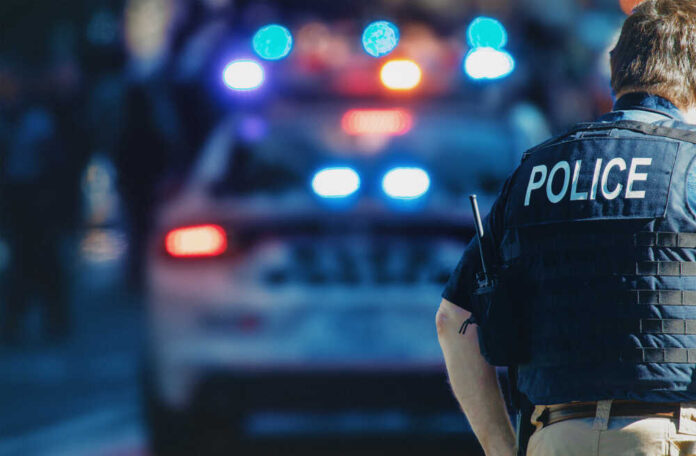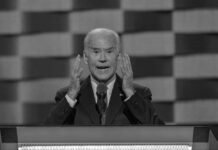
(DCWatchdog.com) – Drawing attention to the extreme difficulty many police departments are having when it comes to recruiting enough police officers to staff their departments, Pittsburgh police will no longer personally respond to calls that are not “in-progress emergencies,” following recent departmental policy adjustments.
Calls not considered a major emergency will be directed by dispatch to a Telephone Reporting Unit (TRU), which will be operating from 7 a.m. to 3 a.m. daily, including weekends.
According to the city’s website, the TRU will handle reports that do not require on-site officer responses. In addition, the TRU will exclude “In Progress” calls with suspects on the scene, incidents requiring medical aid, domestic disputes, calls that involve evidence, or scenes where the Mobile Crime Unit’s presence is requested.
Furthermore, between 3 a.m. and 7 a.m., when 911 calls decrease significantly, no desk officers will be present at the city’s six police stations. Instead, 911-linked call boxes have been installed and during some overnight shifts only 22 officers may be available to cover the entire city.
Police Chief Larry Scirotto defended the changes and cited staffing shortages that dropped the force to 740 officers, down from 835 at the beginning of 2023, a full staff is considered 900.
Scirotto highlighted that prior to the adjustments, about one-third of officers worked overnight, despite about two-thirds of calls occurring between 2 p.m. and 2 a.m. He expressed concern about running one shift understaffed while over-resourcing another and emphasized the meaning of the exercise.
Scirotto informed the Pittsburgh Post-Gazette that “On an average night, we’d have seven officers out on the road in each zone, so [we had] like 42 officers, generally. We cut 12. People think I cut 112.”
President of the Fraternal Order of Police #1, Bob Swartzwelder criticized the plan and expressed worries about manpower shortages and taxing the force.
While acknowledging the potential presence of 25 to 30 officers during the 3-7 a.m. shift, he questioned the strategy which he described as a “hope and a prayer” based on data that might either prove correct or lead to disaster.
Copyright 2024, DCWatchdog.com















